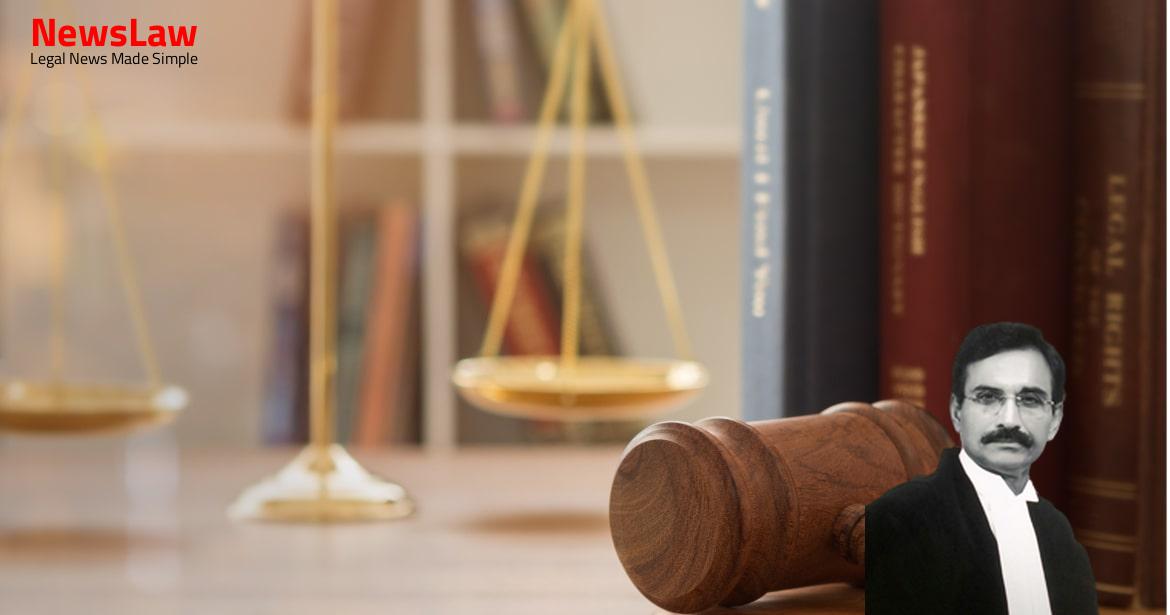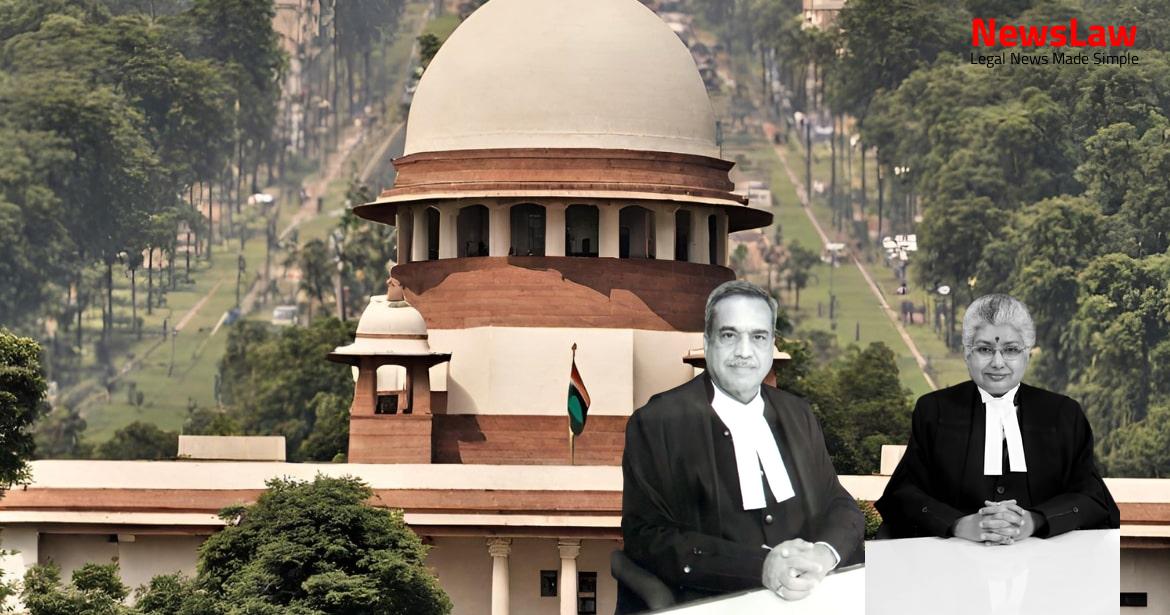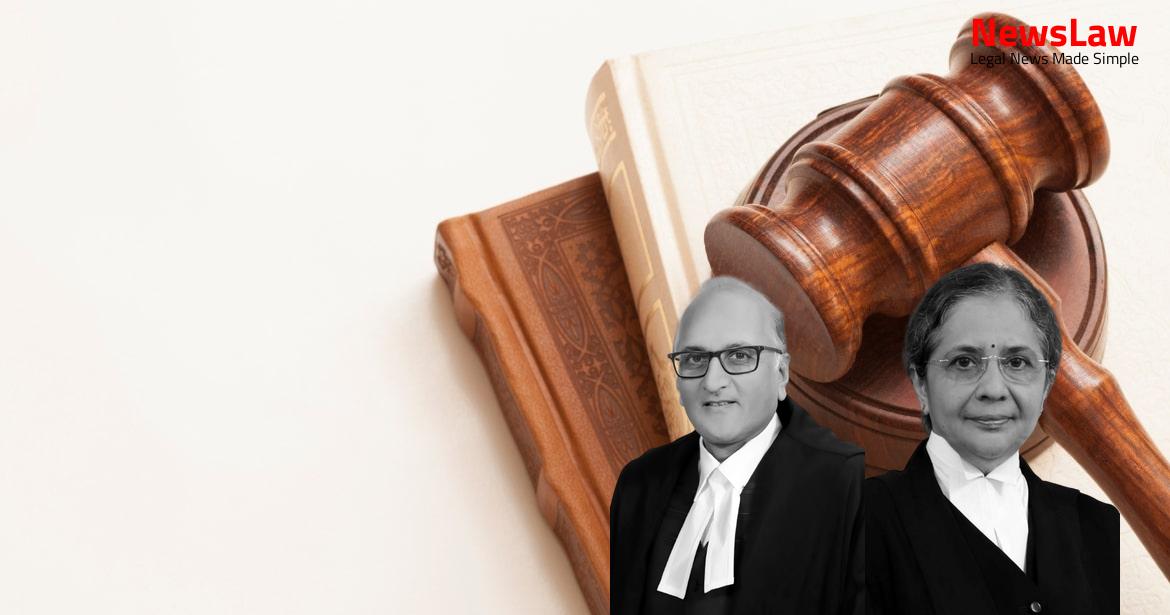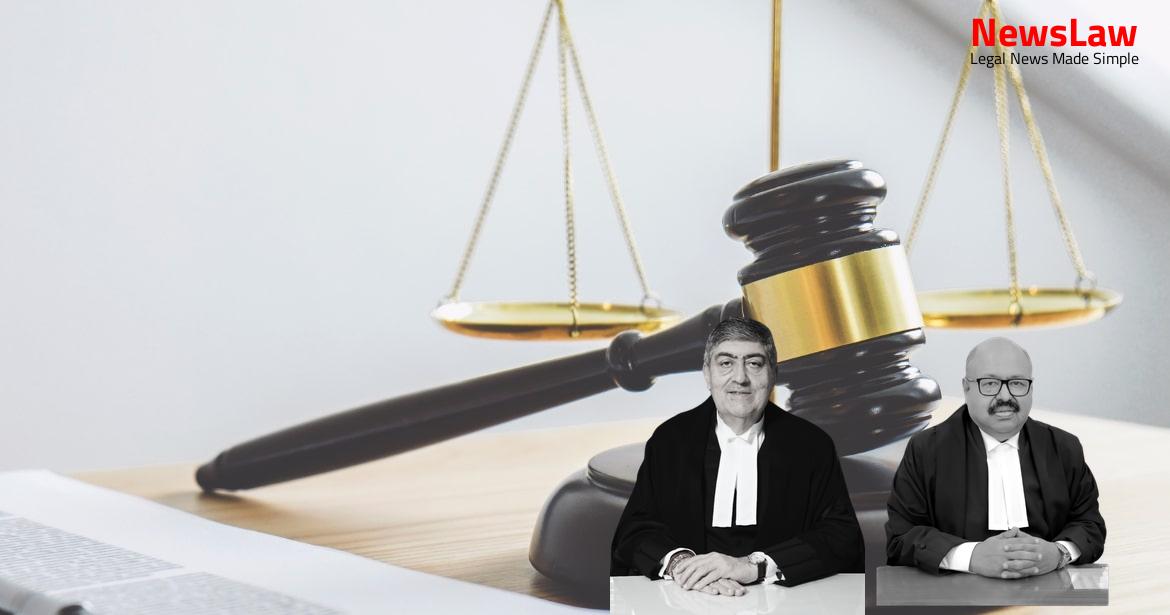Delve into the intricacies of jurisdictional interpretation in the case of Kamlesh Babu and others v. Lajpat Rai Sharma and others, as examined by the Supreme Court of India. This landmark judgment delved into the fundamental aspects of jurisdiction in legal matters, particularly in relation to issues of limitation and res judicata. The Court’s insightful analysis highlighted the crucial role of jurisdiction in determining the validity of legal proceedings. #JurisdictionalInterpretation #SupremeCourtIndia #LegalCase
Arguments
- Shri F.S. Nariman, senior counsel for the petitioner, argues that the decision in Foreshore Cooperative Housing Society Limited may not be correct as it interprets jurisdiction in a narrow manner.
- It is contended that Section 9-A does not address the issue of a suit being barred by other legal provisions.
Also Read: Urs Family Property Dispute: Supreme Court Decree
Analysis
- The expression “jurisdiction” is used in a variety of senses and takes its colour from its context.
- The jurisdiction of a court means the extent of the authority of a court to administer justice prescribed concerning the subject-matter, pecuniary value, and local limits.
- Jurisdiction is the right to hear and determine.
- Jurisdiction is the authority by which a judicial officer takes cognizance and decides the cases.
- Jurisdiction relates to a class of cases to which a particular case belongs.
- The court can proceed with the trial of the case exercising jurisdiction, implying the power to examine on merits.
- The word “jurisdiction” under Section 9A is wide enough to include the issue of limitation as the expression has been used in the broader sense.
- An erroneous decision on the question of limitation or res judicata would oust the jurisdiction of the Court.
- The question of jurisdiction came up for consideration in various cases, analyzing the difference between existence and exercise of jurisdiction.
- In some cases, the Court observed that declining to go into the merits of a claim may amount to a refusal to exercise jurisdiction.
- Section 9A of the CPC was introduced in Maharashtra to address suits being filed without the required notice under Section 80 of the CPC.
- The expression ‘jurisdiction to entertain’ in Section 9A of CPC has a narrow meaning related to the competence of the court to receive the suit for adjudication.
- Section 9A allows the court to consider objections regarding jurisdiction at the stage of deciding applications for injunction or appointment of a receiver without adjourning the matter.
- The provision differentiates between jurisdiction to entertain and issues like limitation or res judicata, which are to be decided by the court only if it has the jurisdiction to entertain the suit.
- The interpretation of the word ‘jurisdiction’ in Section 9A should align with its contextual usage in various provisions of the Code of Civil Procedure.
- In cases involving questions of limitation and res judicata, the court should have the jurisdiction to entertain the suit to decide on these issues.
- A wrong decision on limitation does not render a judgment a nullity if the court has the jurisdiction to entertain the matter.
- A mixed question of law and fact cannot be decided as a preliminary issue under Section 9A or Order XIV Rule 2 of the CPC.
- The court’s power to decide on justiciable matters, including questions of law and fact, is inherent to its jurisdiction.
- The examination of facts is essential for decisions relating to limitation and other bars created by law, emphasizing the role of evidence in such determinations.
- The previous finding regarding the limitation issue was not dealt with by the First Appellate Court or the High Court.
- In the case Kamlesh Babu and others v. Lajpat Rai Sharma and others, it was held that the plea of limitation may be a mixed question of law and facts.
- The provisions of limitation and Order VII Rule 11(d) were considered by the Court in that case.
- It was observed that if a suit appears to be barred by the law of limitation based on the statement made in the plaint, the question of the Court’s jurisdiction is fundamental as a decision rendered without jurisdiction would be considered a nullity.
- The term nullity, as mentioned in the Division Bench’s decision in Kamlesh Babu case, emphasizes the importance of the Court’s jurisdiction in deciding a matter.
Also Read: Land Acquisition Proceedings: Declaration of Lapse under Section 24(2) of the 2013 Act
Case Title: NUSLI NEVILLE WADIA Vs. IVORY PROPERTIES
Case Number: SLP(C) No.-031982-031983 / 2013



